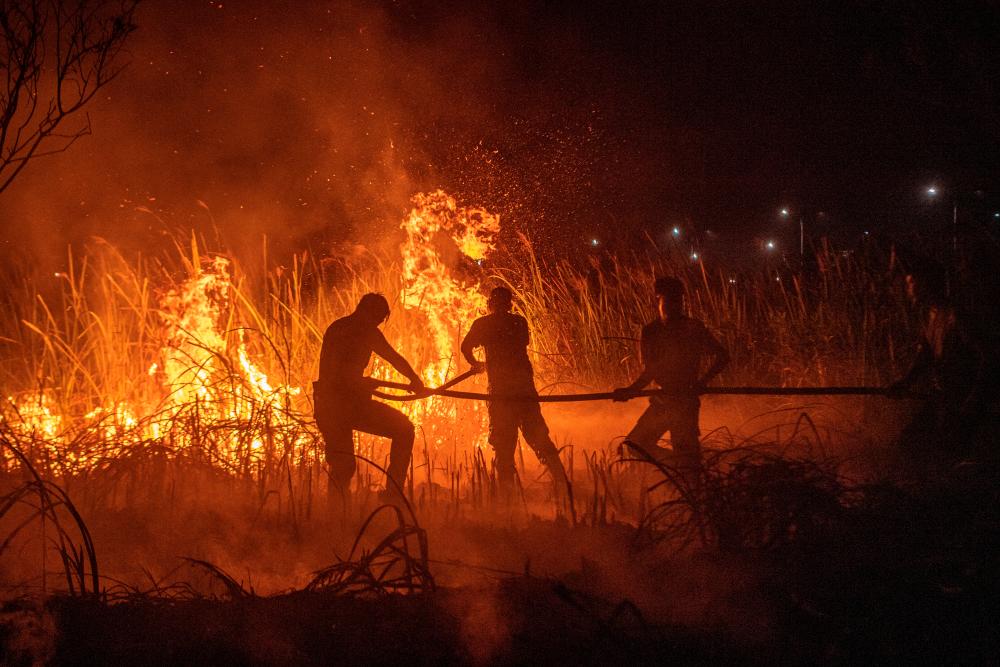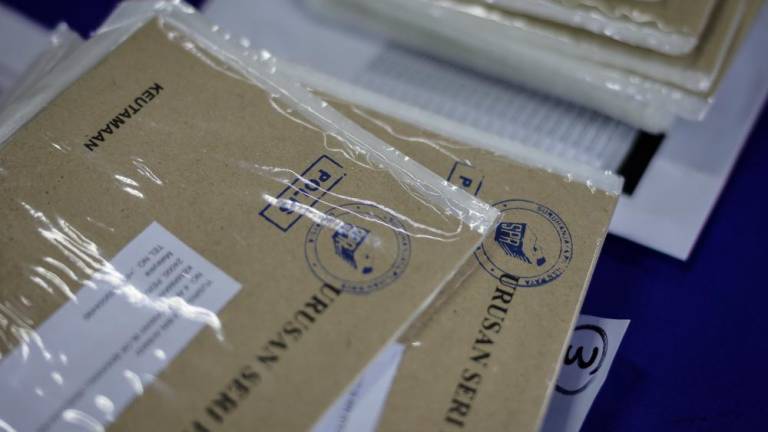BALIKPAPAN: The Indonesian province of East Kalimantan continues to fight the potential occurrence of wildfires as the Meteorology, Climatology, and Geophysics Agency (BMKG) detected a trend of increasing hotspots, reported ANTARA news agency.
The agency reported on Sunday (April 7) that 84 hotspots were detected in Bontang City and the districts of Paser, Kutai Barat, Kutai Timur, and Kutai Kartanegara on Saturday (April 6).
The number of detected hotspots on Saturday was bigger than that on Friday (April 5), Diyan Novrida, the agency's Coordinator for Data and Information at the Sultan Aji Muhammad Sulaiman Sepinggan Station, stated.
On Friday, BMKG detected 35 hotspots in Kutai Barat, 13 in Kutai Timur, and 11 in Kutai Kartanegara, she remarked, adding that in general, the detected hotspots of potential wildfires had a moderate confidence level.
On Saturday, the agency detected 38 hotspots of potential wildfires in Kutai Timur, 23 in Kutai Kartenegara, 18 in Kutai Barat, four in Paser, and one in Bontang, she added.
The findings had been notified to all related agencies at the provincial and regional levels, including the Disaster Mitigation Agency (BPBD) and firefighters, to enable them to take immediate responses, she stated.
Taking into account the fact that several regions in East Kalimantan still experience drier hot weather, Novrida urged locals to forego reckless activities, such as using slash-and-burn land-clearing practices.
ANTARA reported earlier that several parts of the Indonesian islands of Sumatra and Kalimantan have been bearing the brunt of the thick smoke arising from wildfires over the past few decades.
The thickening smog has often threatened people's health and economic activities.
The smog produced by land and forest fires also poses a problem for neighboring countries, as it potentially threatens people's health and aviation activities.
To reduce the risks of wildfires, the government continues to ban slash-and-burn agricultural practices, as they can trigger land and forest fires.
Despite the ban, people in different parts of the country have continued to use this farming method.










